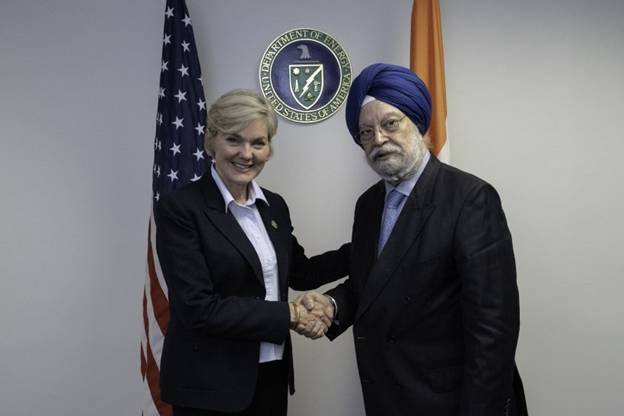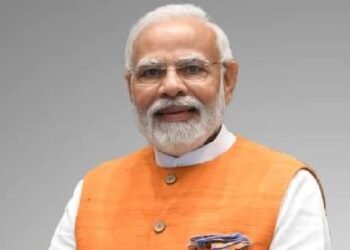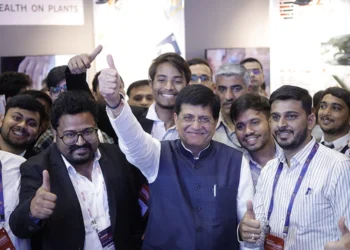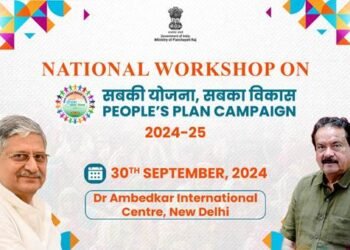Key Outcomes of the Washington D.C. Meeting
NEW DELHI (Economy India): U.S. Energy Secretary Jennifer Granholm and Indian Minister of Petroleum and Natural Gas Hardeep Singh Puri held a pivotal meeting in Washington D.C. under the Strategic Clean Energy Partnership (SCEP). The meeting reviewed the progress of various technical pillars under SCEP, focusing on clean energy advancements and collaborative efforts between the two nations.
Review of Technical Pillars
The ministers evaluated the initiatives across several technical pillars, including power and energy efficiency, responsible oil and gas management, renewable energy, emerging fuels and technologies, and sustainable development.
Both sides praised the progress made in clean energy innovation, energy security, and accelerating clean energy transitions. They highlighted focused efforts on clean energy manufacturing and building resilient, responsible, and diversified supply chains.
Renewable Energy Technology Action Platform
The launch of the Renewable Energy Technology Action Platform (RETAP) in August 2023 was acknowledged. RETAP aims to develop actionable roadmaps for hydrogen, long-duration energy storage, offshore wind, and geothermal energy through research, pilot projects, and industry networks. The ministers expressed satisfaction with the progress under RETAP.
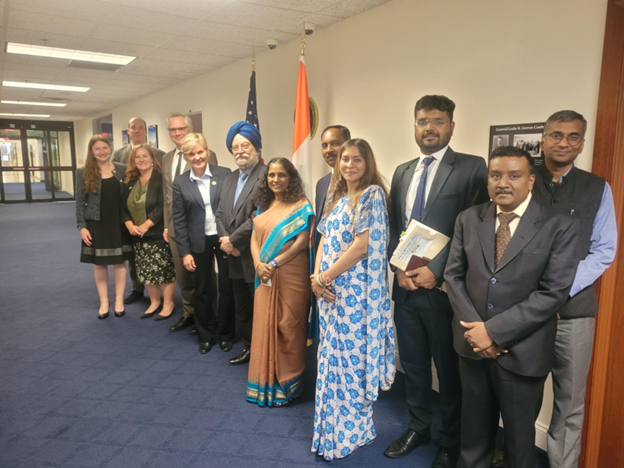
Hydrogen Collaboration
New developments in hydrogen safety and the Green Hydrogen International Conference, scheduled for September 2024, were welcomed. The ministers emphasized the importance of clean hydrogen R&D, cost reduction efforts, and the implementation of hydrogen hubs through the RETAP and public-private hydrogen task forces. They also welcomed the use of green hydrogen in buses, tractors, and heavy equipment.

Energy Storage and Grid Integration
The ministers underlined the importance of supporting large-scale grid integration of renewable energy through energy storage. They welcomed the formal launch of the public-private energy storage task force and efforts focused on long-duration energy storage and alternative chemistries for Li-ion technologies. The feasibility of various storage technologies and pilot projects in Assam and Haryana was also discussed.
Electric Vehicles and Energy Efficiency
There was a notable emphasis on modernizing the electricity distribution sector to ensure 24/7 power supply. The ministers supported smart metering deployment in India and the integration of inverter-based resources, power market reforms, system reliability assessments, and cybersecurity. The deployment of 10,000 e-buses under the PM e-Bus Service Scheme was recognized.
Sustainable Aviation Fuel (SAF)
The ministers agreed on promoting long-term aviation fuels. They welcomed the new partnership on Sustainable Aviation Fuel (SAF), which includes R&D, tax incentives, supply chain capacity building, and commercial partnerships. They also noted the signing of two joint reports on SAF and biofuels under the biofuels task force.
Carbon Capture and Methane Elimination
Progress on Carbon Capture, Utilization, and Storage (CCUS) was highlighted, including a workshop in Delhi with stakeholders to identify robust areas for geological carbon storage. Technical and legal/regulatory aspects of India’s CCUS mission were discussed, alongside efforts in energy modeling and life cycle emissions tools.
Public-Private Sector Engagement
The ministers acknowledged the productive public-private dialogues that reflect enabling policy and regulatory frameworks. They highlighted increased investment in clean energy markets, including a recent investment by the Indian company VARE in a 3GW solar module manufacturing facility in Texas.
Future Outlook
The meeting underscored the need for solid action and implementation at national and local levels to ensure viable, sustainable clean energy efforts and a just energy transition. Both countries praised the depth and breadth of the U.S.-India partnership and its role in advancing shared clean energy goals and addressing unprecedented climate challenges.
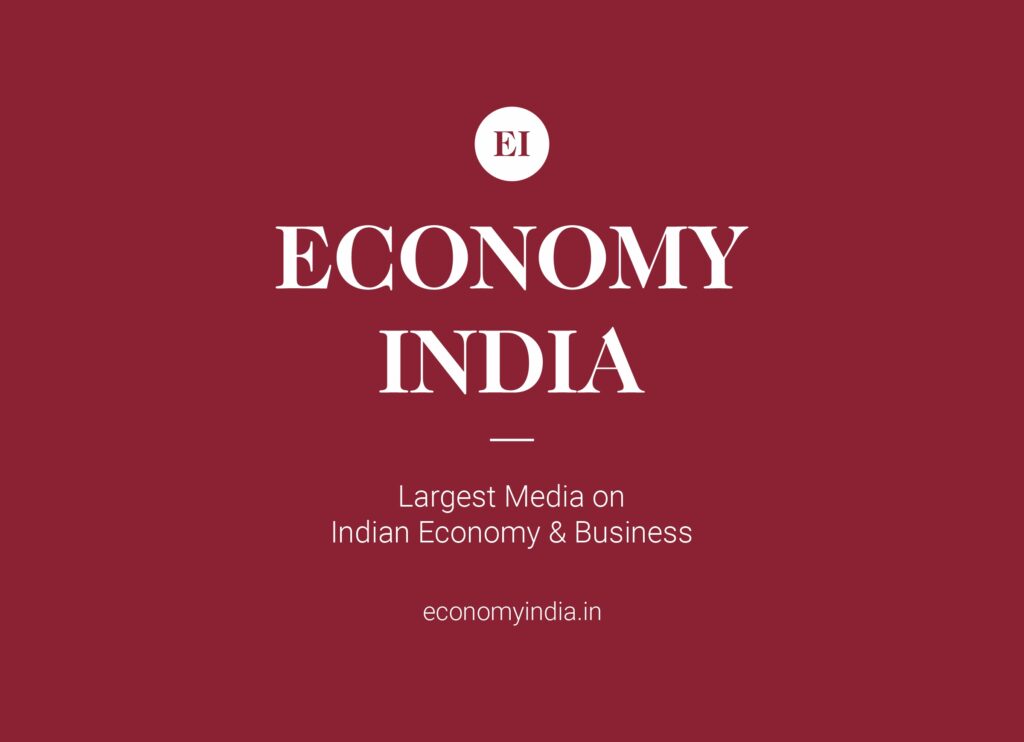
Quotes
Jennifer Granholm stated, “Our partnership with India is critical for advancing clean energy innovation and ensuring a resilient energy future.”
Hardeep Singh Puri added, “The progress made under SCEP reflects our shared commitment to clean energy and sustainable development.”
(Economy India)

